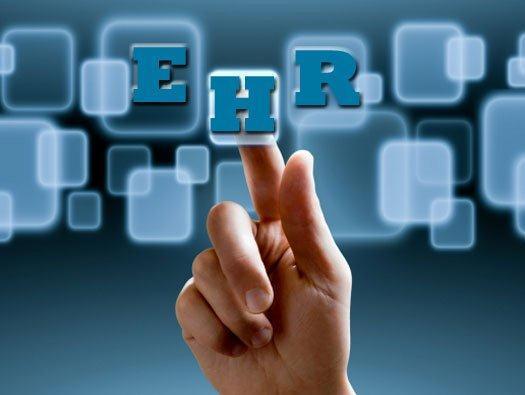The healthcare industry is three years into meaningful use, an ambitious incentive program to convince hospitals and private practices to use electronic health record (EHR) software. Regulators are also bringing HIPAA, the 1996 rule protecting patient data, into the 21st century. The same goes for telemedicine. On top of that, healthcare finally seems ready to benefit from big data, cloud services and other disruptive technologies that have dramatically changed other vertical industries. But certain advances won’t come without a fight. Here’s a look at 13 straightforward, complicated and surprising predictions for healthcare IT in 2013.
Related: 6 Innovations That Will Change Healthcare










